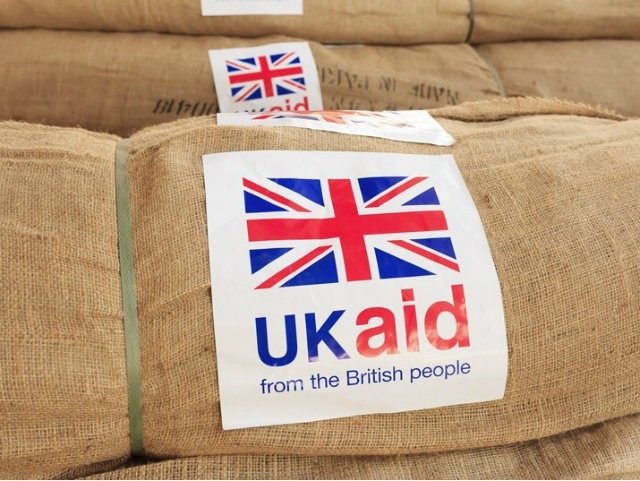MPs have uncovered massive waste in the EU’s aid spending programmes, to which the UK is a major contributor. Thanks to a culture within the European Commission which deems a project a success only when the full budget has been spent, programme managers are doubling up on staff unnecessarily and extending the length of their projects to use up spare funds.
The practices were uncovered by a report by MPs sitting on the International Development Committee into the use of funds to strengthen parliaments in developing countries. At the moment, the UK contributes 15 percent of the total EU budget in this area. The report was highly critical of the use of US and EU programs to channel British aid spending in this field.
The report cites Francois Duluc from the Assemblée Nationale, who told the committee: “I know you have a debate in the UK about the European budget. I must say that there is too much money in these European projects. Sometimes we do not know how to spend it. For example, in twinnings sometimes we have €3.5 million for two years. Parliamentary development is not expensive… It is difficult to spend €3.5 million in Albania or in Moldova or in Bosnia.
“Sometimes you have to make sure that the activities will be five days instead of two days, with four experts instead of two that could be able to do the same job. If you do not spend everything, the European Commission says, “You are not delivering properly on the ground” so you have to extend the length of the project.
“I could tell you stories for hours about European funding in terms of parliamentary assistance. I could do the same and have the same results—or sometimes absence of results—with half of the funding they provide every year to parliamentary assistance projects. If it is the same in the whole area of international development, there is a huge way of finding money and budgets to support other activities.”
In total, the UK spends £22.5 million directly on strengthening parliaments in countries including Afghanistan, Nigeria, Pakistan, Uganda and the Democratic Republic of the Congo. It also gives a further £3.5million a year to the EU and UN for the same purpose.
The United Nations Development Program, to which the UK also contributes, also came under fire for its “consistently poor performance record”. It has been criticised by the UN Board of Auditors for the past two years running for poor project management, delays in projects, and for failing to refund unspent monies in a timely fashion.
According to the Department for International Development (DFID), its total program budget for aid spending across the board was increased in 2013 to £10.3bn in 2014/15, and £11.1bn in 2015/16, in order to meet the government’s commitment to spend 0.7 percent of gross national Income on “official development assistance”.
But the department has been struggling to spend the money fast enough. Earlier this month Breitbart London reported that, in November and December of 2013, DFID had to offload more than £3.7 billion in order to reach their target – a splurge of £60 million a day. Consequently, the department admitted that “it may therefore have missed opportunities to get the best outcomes from this spending.”
Nonetheless, a DFID spokesman told the Daily Mail: “Investing in overseas development is creating a world that is healthier, more stable and increasingly prosperous and that is something Britain can be proud of. UK aid goes only where it is most needed and where it will deliver the very best results for taxpayers’ money.”

COMMENTS
Please let us know if you're having issues with commenting.